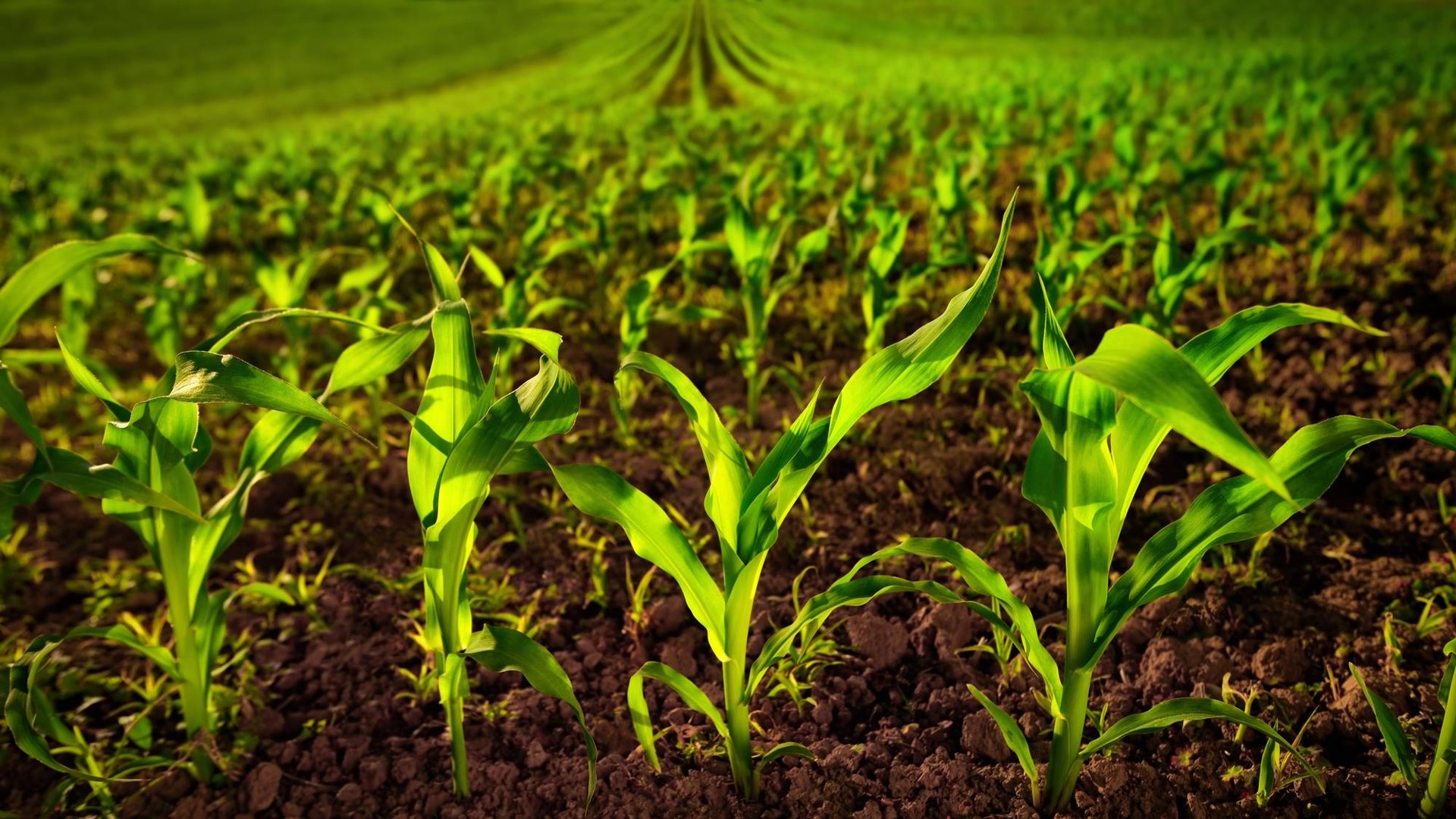June 17, 2025 | 02:24 GMT +7
June 17, 2025 | 02:24 GMT +7
Hotline: 0913.378.918
June 17, 2025 | 02:24 GMT +7
Hotline: 0913.378.918
This would mean light or no regulation for gene-edited crops with DNA changes that could have occurred in nature.

The draft also recommends that some leeway be given to gene-edited plants that could contribute to more sustainable agriculture, with labels potentially introduced to inform consumers.
The commission had previously concluded in 2021 that current EU legislation for new genomic techniques (NGTs) is not fit for purpose. Such techniques could reduce the use of pesticides on crops, allow crops to be better adapted for warmer climates or generate plants more resistant to pests and diseases.
EU regulations currently demand that plants with changes introduced by Crispr gene editing go through an onerous and expensive approval process. This places them on a par with genetically modified organisms (GMOs), which can contain genes introduced from entirely different organisms – transgenes.
This followed a ruling by the European Court of Justice in July 2018 that gene edited crops are subject to the same 2001 regulations as GMOs. The decision set the EU apart globally and was criticised by many plant scientists for hamstringing crop biotech. Many environmental organisations support the 2018 position, however.
In a leaked document, the commission recommends substantial changes in regulating plants obtained by targeted mutagenesis when the changes could be achieved through conventional breeding.
‘Such plants would be treated similarly to conventional plants and would not require authorisation, risk assessment, traceability and labelling as GMOs,’ according to the document. A transparency register would be set up for these plants.
The draft also recommends that some leeway be given to gene-edited plants that could contribute to more sustainable agriculture, with labels potentially introduced to inform consumers.
The draft document emphasised that NGTs do not introduce genetic material from a non-crossable species, which is what happens with GMOs, and referenced the conclusion of the European Food Safety Authority that there are no new hazards linked to targeted mutagenesis compared with conventional breeding.
Plant scientist Agnes Ricroch at the University of Paris-Saclay and French Academy of Agriculture in France, welcomed the proposal, pointing to the Russian invasion of Ukraine and its impact on food supply in Europe, as well as the need to adapt crops for new climate conditions. ‘We need to increase yields for wheat, corn, rapeseed, sunflower,’ she says. ‘NGTs can accelerate the process of breeding, though it will still take time.’
She notes that climate change is bringing new pests and diseases into Europe and farmers will need new crop varieties. She adds that the proposals would encourage plant scientists to innovate and perhaps launch biotech start-up companies.
‘This is a great step by the European Union,’ says Jon Entine, director of the Genetic Literacy Project, which published the leaked draft. ‘This document suggests that we’re going to put the issue back in the hands of farmers and scientist.’ He adds that this doesn’t mean that ideology and politics won’t have a role in shaping regulations, but ‘for the first time it will mean that Europe will not be a scientific laggard on these issues’.
Many NGOs have expressed opposition to the proposals in the draft document, nonetheless. ‘The assumption the commission makes that new GMOs would lead to more sustainability are based on industry’s claims, instead of real evidence,’ said Nina Holland, a researcher at Corporate Europe Observatory, in a media release. ‘Since NGT seeds will be patented, this will erode farmers’ rights, and it will lead to a further monopolisation of the already highly concentrated seed market.’
Plant scientist Sjef Smeekens at Utrech University, the Netherlands, warns the EU will import gene-edited foodstuffs from elsewhere and no one will know, since countries such as the US, Japan and Canada allow them without registration. ‘If we in the EU opt out of this system, then it will have severe consequences for our breeding industry and academic research in plant science,’ he adds.
The proposal is expected to be published on 5 July. It must go before the European parliament and the Council of Ministers that represents each of the 27 EU member states. ‘This legal position if accepted must operate in all EU countries. If a country like France or Germany really objects, then this is dead,’ says Smeekens.
The UK introduced a new law earlier this year to permit some gene editing of crops or livestock.
(chemistryworld)

(VAN) Extensive licensing requirements raise concerns about intellectual property theft.

(VAN) As of Friday, a salmonella outbreak linked to a California egg producer had sickened at least 79 people. Of the infected people, 21 hospitalizations were reported, U.S. health officials said.

(VAN) With the war ongoing, many Ukrainian farmers and rural farming families face limited access to their land due to mines and lack the financial resources to purchase needed agricultural inputs.

(VAN) Vikas Rambal has quietly built a $5 billion business empire in manufacturing, property and solar, and catapulted onto the Rich List.

(VAN) Available cropland now at less than five percent, according to latest geospatial assessment from FAO and UNOSAT.

(VAN) Alt Carbon has raised $12 million in a seed round as it plans to scale its carbon dioxide removal work in the South Asian nation.

(VAN) Attempts to bring down the price of the Japanese staple have had little effect amid a cost-of-living crisis.